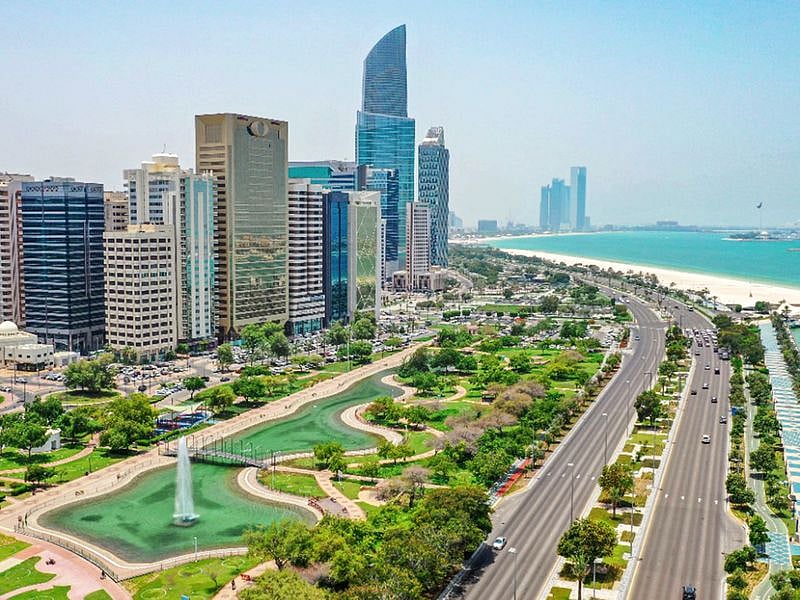Dubai: The UAE has been ranked as the country least likely to face economic instability, according to the latest World Security Report. Security leaders say this highlights the UAE’s position as one of the safest and most resilient economies in which to do business.
Only 29% of UAE security chiefs believe economic instability will pose a security threat next year. This is well below the regional average of 41% and the global average of 44%.
The report from Allied Universal, the world’s largest security services provider, and its international arm, G4S, surveyed 2,352 chief security officers in 31 countries. This included 58 in the UAE and 232 across the Middle East, alongside input from 200 global investors managing over $1 trillion in assets.
UAE leads in AI-driven security
The report shows the UAE is also ahead in adopting AI-powered security technologies.
59% of UAE security chiefs see AI intrusion detection and perimeter security as essential for the next two years (vs. 46% regional, 44% global).
50% say AI-driven threat detection and risk assessment is crucial (vs. 42% regional, 44% global).
26% report using autonomous AI for incident response and emergency management, the highest in the region (vs. 23% regional average).
“Building a secure, cohesive and globally competitive society are key pillars of the UAE Centennial 2071; its favourable and resilient business environment is highlighted by this year’s World Security Report.
The country’s forward-looking approach to security also aligns closely with the UAE National Strategy for Artificial Intelligence 2031, positioning it well to navigate future risks,” said Omar Dababneh, managing director of G4S in the UAE.
Fewest threats in the region
UAE security chiefs expect fewer cases of sabotage and industrial espionage than anywhere else in the Middle East. Only 21% foresee industrial espionage (regional average 27%), and just 17% expect sabotage (regional average 25%).
Rising budgets for security
Despite lower risks, 72% of UAE security leaders plan to increase their physical security budgets in the next 12 months, six points higher than the global average.
52% say process optimisation is their top priority (11 points higher than global).
52% also plan to invest in new security technology and infrastructure (vs. 47% regional and global).
Global investors share these concerns. 63% of institutional investors believe a physical security incident could cut the value of a listed company by up to 32%.
“Preparedness and a focus on innovation are the standout features of corporate security in the Middle East, underpinned by a striving culture that emphasises continual improvement. It’s equally pleasing to see that security leaders in the region recognise the importance of people and understand the benefits of integrated security solutions,” said Sanjay Verma, G4S regional president for APAC and the Middle East.
Sign up for the Daily Briefing
Get the latest news and updates straight to your inbox
Network Links
GN StoreDownload our app
© Al Nisr Publishing LLC 2026. All rights reserved.

